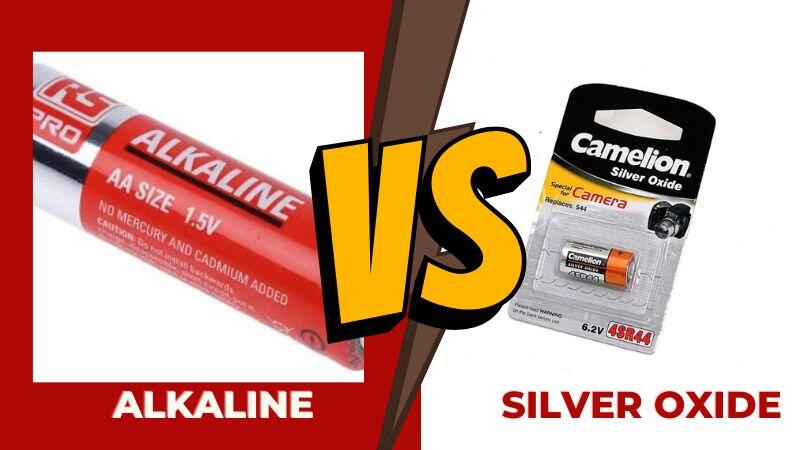Batteries are ubiquitous in our daily lives, powering everything from toys and remote controls to medical devices and cameras. With so many different types of batteries available, it can be challenging to determine which type is the best for a particular application. In this article, we’ll compare two common types of batteries: alkaline batteries and silver oxide batteries.
First, let’s start with a brief overview of each battery type. Alkaline batteries are a type of primary battery that uses an alkaline electrolyte. They are typically inexpensive and widely available, making them a popular choice for many applications. Silver oxide batteries, on the other hand, are a type of primary battery that uses a silver oxide electrolyte. They are often more expensive than alkaline batteries but have a longer lifespan and are more efficient in high-drain applications.
Differences Between Alkaline and Silver Oxide Batteries
Energy Density
The energy density of a battery refers to how much energy it can store per unit of volume. In general, silver oxide batteries have a higher energy density than alkaline batteries. This means that they can store more energy in a smaller space, which can be beneficial in applications where space is limited.
Check also – Alkaline vs Lithium Batteries: What are the Differences?
Voltage
The voltage of a battery refers to the electrical potential difference between its positive and negative terminals. Alkaline batteries typically have a voltage of 1.5 volts, while silver oxide batteries have a voltage of 1.55 volts. While this may not seem like a significant difference, it can be important in applications where precise voltage requirements must be met.
Lifespan
The lifespan of a battery refers to how long it can provide power before it needs to be replaced. Silver oxide batteries generally have a longer lifespan than alkaline batteries. This is because silver oxide has a higher energy density and can therefore store more energy than alkaline batteries. Additionally, silver oxide batteries have a more stable voltage over their lifespan, which can be important in applications where consistent voltage is required.
Cost
Alkaline batteries are typically less expensive than silver oxide batteries. This is because they are more widely produced and use less expensive materials. However, silver oxide batteries are often more efficient in high-drain applications and have a longer lifespan, which can make them a more cost-effective choice in the long run.
Applications
Alkaline batteries are suitable for a wide range of applications, including toys, remote controls, and flashlights. However, they are not ideal for high-drain applications, such as digital cameras and medical devices, as they have a limited lifespan and may not provide enough power. Silver oxide batteries, on the other hand, are well-suited for high-drain applications due to their high energy density and stable voltage.
Conclusion
In summary, both alkaline batteries and silver oxide batteries have their own unique advantages and disadvantages. Alkaline batteries are inexpensive and suitable for a wide range of applications, while silver oxide batteries are more efficient in high-drain applications and have a longer lifespan. When choosing between the two, it’s important to consider the specific requirements of the application and weigh the cost and performance benefits of each battery type.




